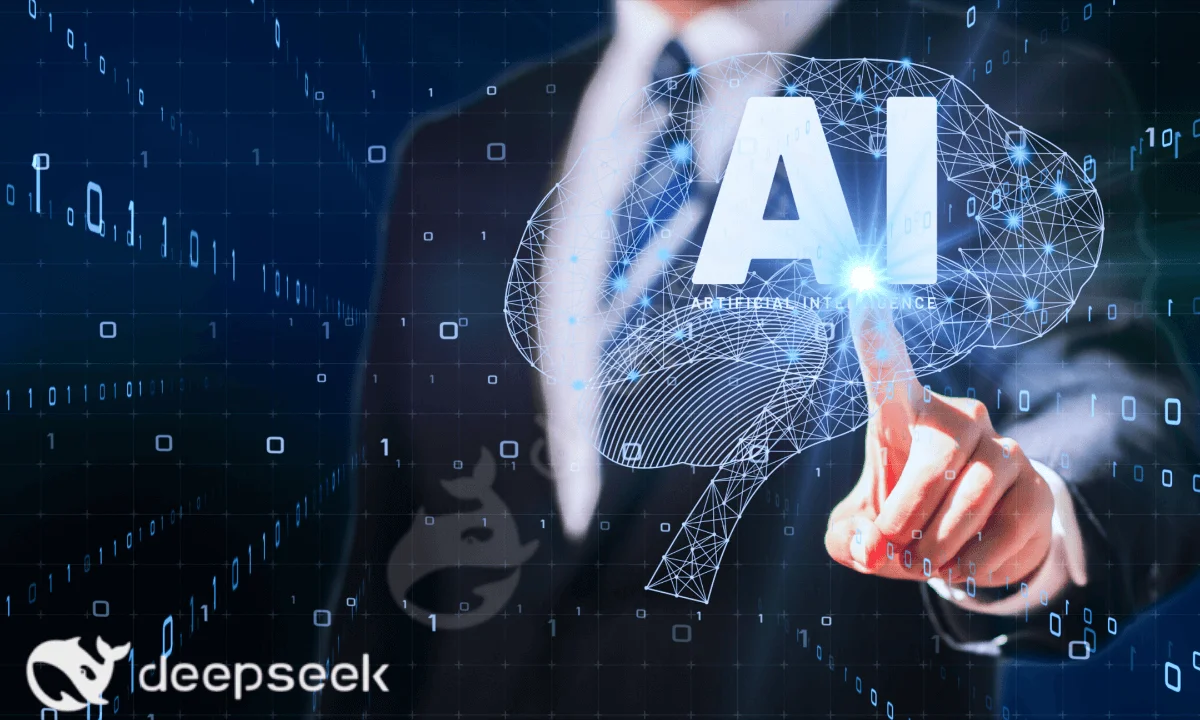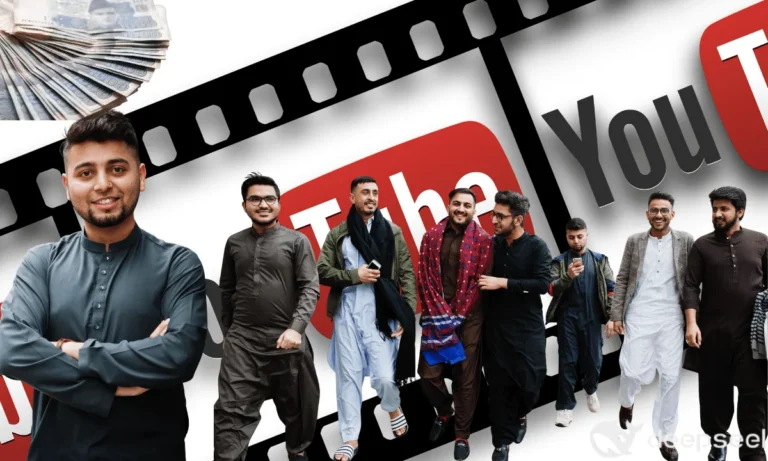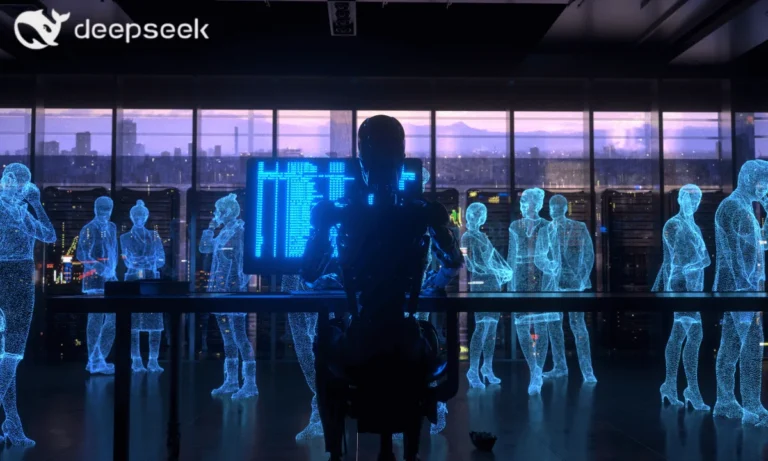From Academia to Industry: Pakistani AI Researchers Share Their Journeys
Introduction
The transition from academia to industry is a significant shift for researchers, especially in fast-evolving fields like artificial intelligence (AI). In Pakistan, a growing number of AI researchers are making this leap, bringing their expertise from universities to real-world applications. This article explores their journeys, challenges, and the lessons they’ve learned along the way.
Ethical AI: A Conversation with DeepSeek’s Chief Ethics Officer
Why the Shift from Academia to Industry?
1. Real-World Impact
Many researchers move to industry to see their work applied in practical settings, solving real problems rather than remaining confined to theoretical papers.
2. Better Funding and Resources
Industry roles often offer better funding, advanced tools, and larger datasets compared to academic labs, enabling faster innovation.
3. Career Growth and Opportunities
Corporate positions provide faster career progression, competitive salaries, and global exposure, attracting top talent.
4. Collaboration with Multinational Teams
Working in industry allows researchers to collaborate with international experts, enhancing their skills and professional networks.
Investors’ Perspective: Why AI Startups in Pakistan Are Booming
Challenges Faced by Pakistani AI Researchers
1. Limited Industry-Academia Collaboration
In Pakistan, the gap between universities and tech companies is still wide, making it harder for researchers to transition smoothly.
2. Skill Gaps in Practical AI Deployment
Many academic programs focus on theory, leaving graduates underprepared for industry demands like model deployment and scalability.
3. Visa and Relocation Barriers
Those seeking opportunities abroad face strict visa policies, delaying or complicating their career moves.
4. Cultural and Workplace Adjustments
Corporate environments differ vastly from academic settings, requiring adaptability in communication, teamwork, and project management.
Meet the Pakistani Women Leading AI Research at DeepSeek
Success Stories: Pakistani AI Researchers in Industry
1. Dr. Aisha Rahman – From PhD to AI Lead at a Silicon Valley Startup
After completing her PhD in machine learning from LUMS, Dr. Rahman joined a Silicon Valley AI startup. She highlights how her research in NLP helped build customer support chatbots, bridging the gap between theory and application.
2. Ali Hassan – Transitioning from Academia to Fintech
A former CS lecturer at FAST University, Ali shifted to a fintech firm in Karachi, where he now develops fraud detection algorithms. He emphasizes the importance of upskilling in cloud computing and MLOps.
3. Sara Khan – Balancing Research and Industry at a Tech Giant
Sara, an ex-researcher at NUST, now works at a multinational AI lab in Berlin. She credits hackathons and open-source contributions for easing her transition.
The Rise of Generative AI: Opportunities for Pakistani Creators
Key Lessons for Aspiring Researchers
1. Build a Strong Portfolio
- Publish papers but also work on GitHub projects, Kaggle competitions, and internships.
- Contribute to open-source AI projects to gain visibility.
2. Network Proactively
- Attend AI conferences (e.g., NeurIPS, ICML) and connect with industry professionals.
- Engage on LinkedIn and Twitter to stay updated on job openings.
3. Learn Industry-Relevant Skills
- Master tools like TensorFlow, PyTorch, Docker, and Kubernetes.
- Understand business needs—AI models must be scalable and cost-efficient.
4. Seek Mentorship
- Find mentors who have successfully transitioned for guidance.
- Join AI communities like Pakistan AI, Data Science Pakistan, and local meetups.
Comparing DeepSeek AI with Global Competitors: What Makes It Unique?
The Future of AI Research in Pakistan
With increasing investments in tech hubs like Lahore, Karachi, and Islamabad, Pakistan’s AI ecosystem is growing. Initiatives like the National Center for AI (NCAI) and partnerships with global firms are creating more industry opportunities for researchers.
DeepSeek’s AI Model Zoo: Pre-Trained Models for Quick Deployment
Conclusion
The journey from academia to industry is challenging but rewarding for Pakistani AI researchers. By acquiring practical skills, networking, and staying adaptable, they can successfully bridge the gap and make a global impact.
AI Hardware: GPUs, TPUs, and What Pakistani Developers Need to Know







